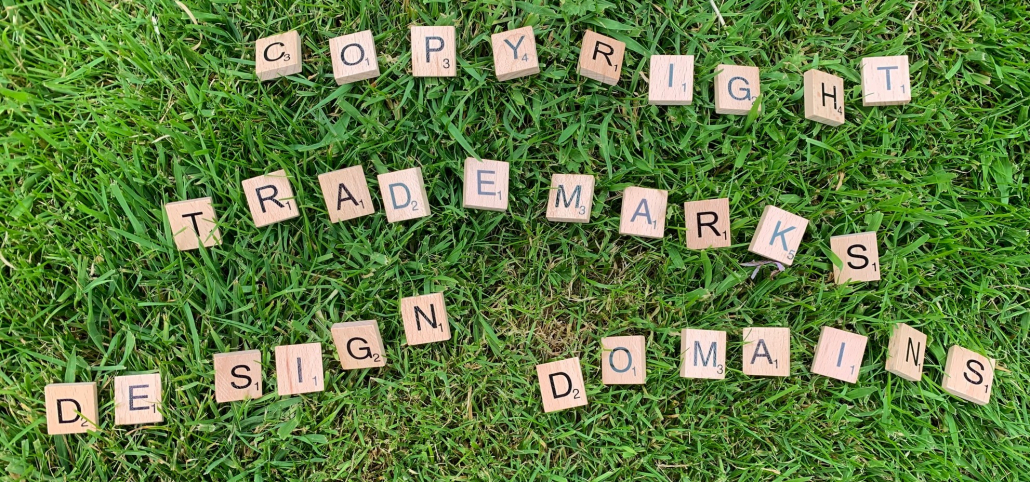I am talking to Rina Sond of Longmores Solicitors today about a few issues that always worry authors including copyright and trade marks.
You have just agreed a deal with a publisher to write your first book. Or you’re finally going down the self-publishing route. How exciting! However, as an author it is important to make sure that you understand the intellectual property rights around the work that you are creating. I have set out below a brief outline of the main IP rights which are likely to be relevant to you.
Copyright
The term ‘copyright’ is fairly self-explanatory, in that it is the right for your work not to be copied. This is the main form of intellectual property right that applies to literary works. Copyright arises automatically upon the creation of original work (in this case, your book) and does not need to be registered in the UK.
The purpose of copyright is to protect the results and expressions of the creative mind. The right gives the author the right to control the way in which their material is used. Literary works, typographical arrangements (or the layout) and audiobooks of published editions can benefit from copyright protection.
The author or creator of the work is generally the first owner of copyright in the work, but there are exceptions to this. For example, where an employee creates the work in the course of their employment, the copyright in the work will, broadly speaking, be owned by the employer.
What rights does copyright give me?
Copyright prevents people from copying your work, renting or lending it, distributing it, making an adaptation of it, and even putting it on the internet. As an author, these rights belong to you.
In the event that a copyright infringement issue or claim arises, you would need to show that you are the owner of the copyright and that copying has taken place without your permission. You may be aware of the recent claim against JK Rowling about the originality of the themes used in her infamous Harry Potter books. In order to prove that you are the creator or owner of copyright in a work, it is important to keep written and dated copies of your early drafts or notes of your book, and any rationale or inspiration behind it, as this will help to establish that you created the work on a particular date and hopefully indicate that the ideas were not copied!
How long does copyright last?
Copyright for literary or artistic works normally lasts for the life of the author plus 70 years. The layout of published editions are protected for 25 years from the end of the calendar year in which the work was first published.
A common way of showing that you have copyright in a work is to place a © symbol on it, alongside the year of creation and your name as the author.
Trade marks
A trade mark can potentially be registered for a name and/or a logo for a book. However, it must meet certain criteria. Firstly, the name or logo must be distinctive and not descriptive of the book or the contents within it; and secondly, it must not clash with any sign that has already been registered. This is because the purpose of any registration gives its owner an exclusive right to use the trade mark in relation to the book forever (however the registration must be renewed every 10 years). Trade mark registration also provides an owner with a cause of action against those who use a name or sign that is identical or similar to the mark registered.
Design rights
These protect the overall visual appearance of a product (for example, a book cover design) and gives the owner a monopoly right to use and benefit from the design commercially. These rights can be registered or unregistered, depending on the degree of protection sought. A registered right can last for a period of up to 25 years.
Domain names
Domain names are sometimes referred to as an IP right as their registration can give you exclusive rights to a particular website name. Domain names could be registered in the name of the title of a book (or the nearest name to that which might be available) using the appropriate domain name ending such as .co.uk, .com, etc and a website set up and used to possibly promote the book.
Final thoughts
As can be seen, there are a number of IP rights that can be used to protect the various features of a book. Some forms of protection will be more suitable than others. In general, it is always advisable to register IP rights where possible, so that these protect your work and place you in a much stronger position in the event of infringement.
For further information on intellectual property or commercial contract matters, please contact Rina Sond on 01992 300333 or email her at rina.sond@longmores.law
Please note the contents of this blog are given for information only and must not be relied upon. Legal advice should always be sought in relation to specific circumstances.
Rina is a Company Commercial partner specialising in Intellectual Property at Longmores Solicitors in Hertford. She has around 20 years of experience in advising businesses on a range of corporate and commercial issues.
Rina deals with a wide range of company issues and commercial contracts, including terms and conditions, supply and distribution agreements, franchises and licensing issues. She regularly advises on various matters in the field of intellectual property and IT, along with e-commerce and data protection. Rina has a particular passion for branding and brand protection work.




